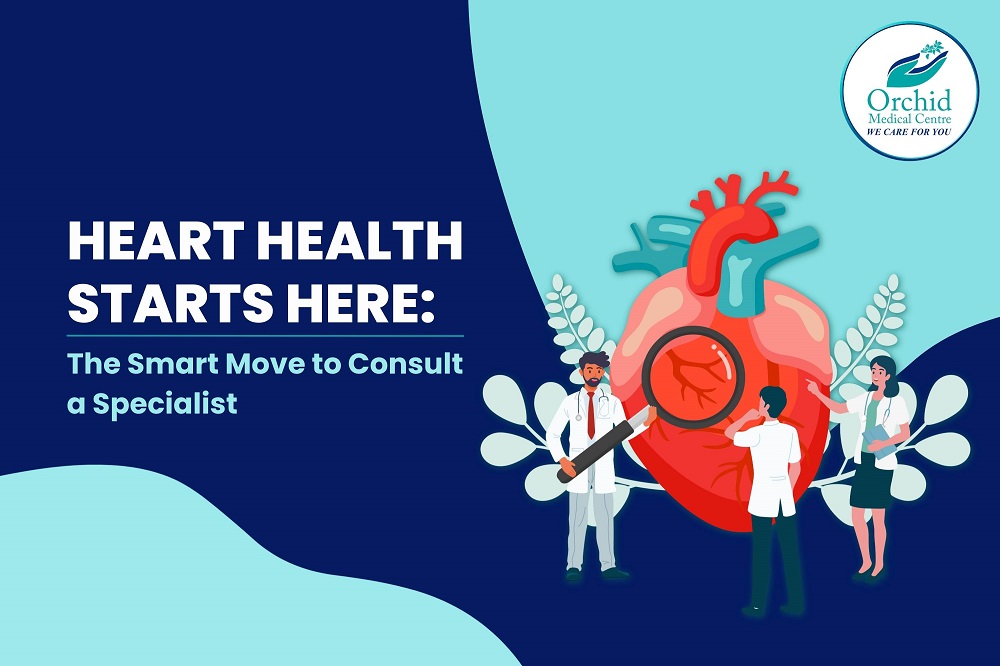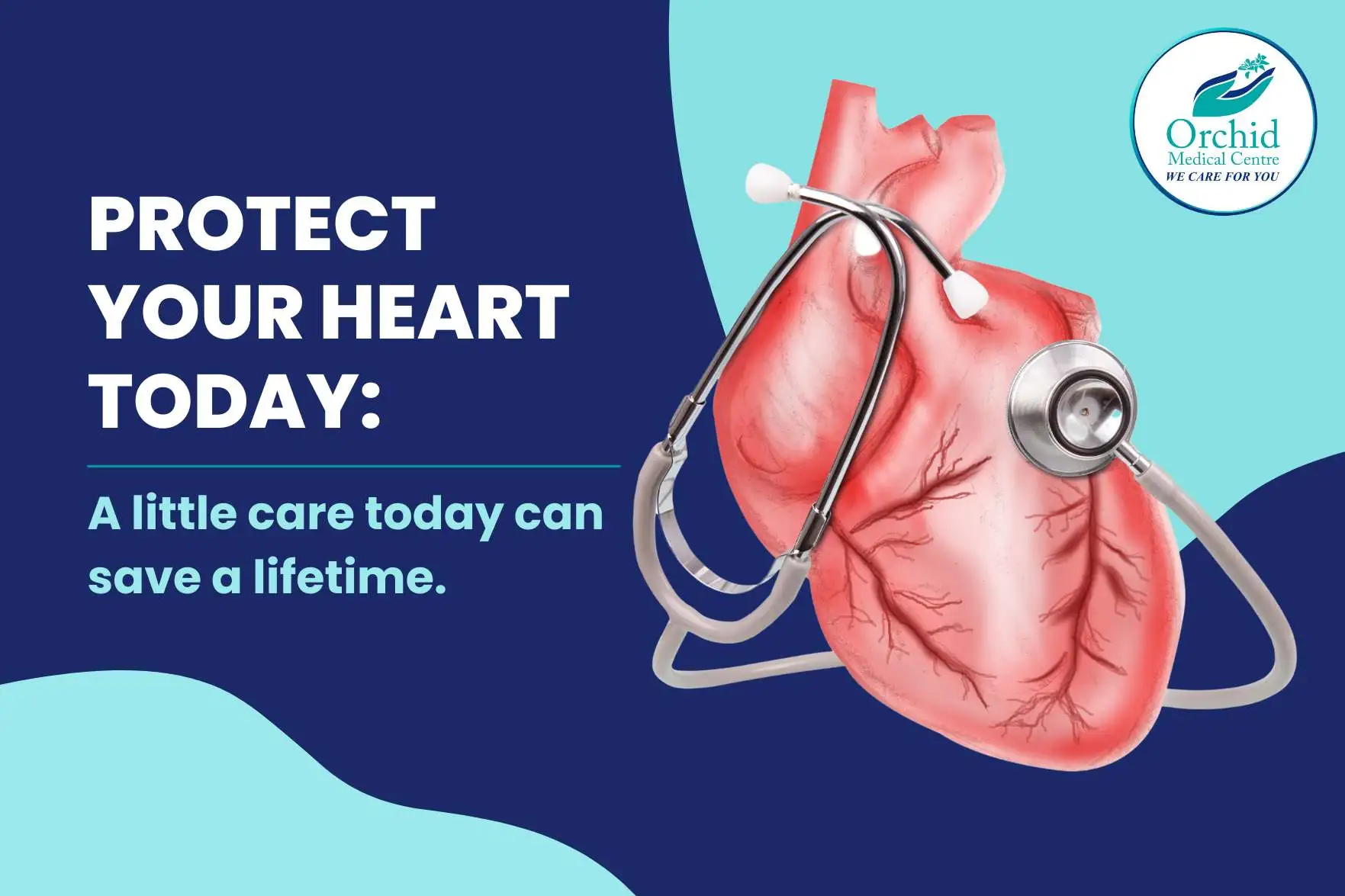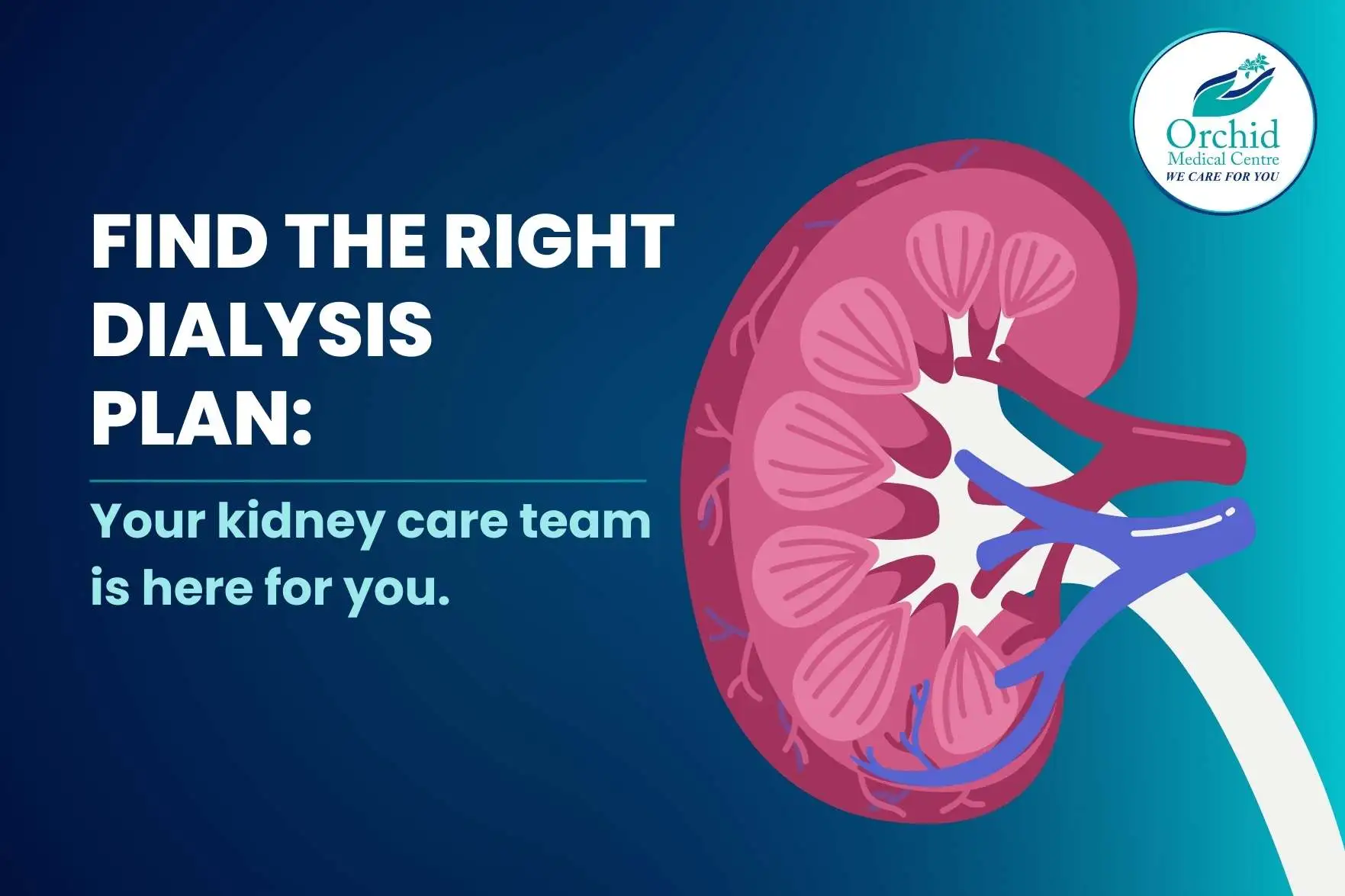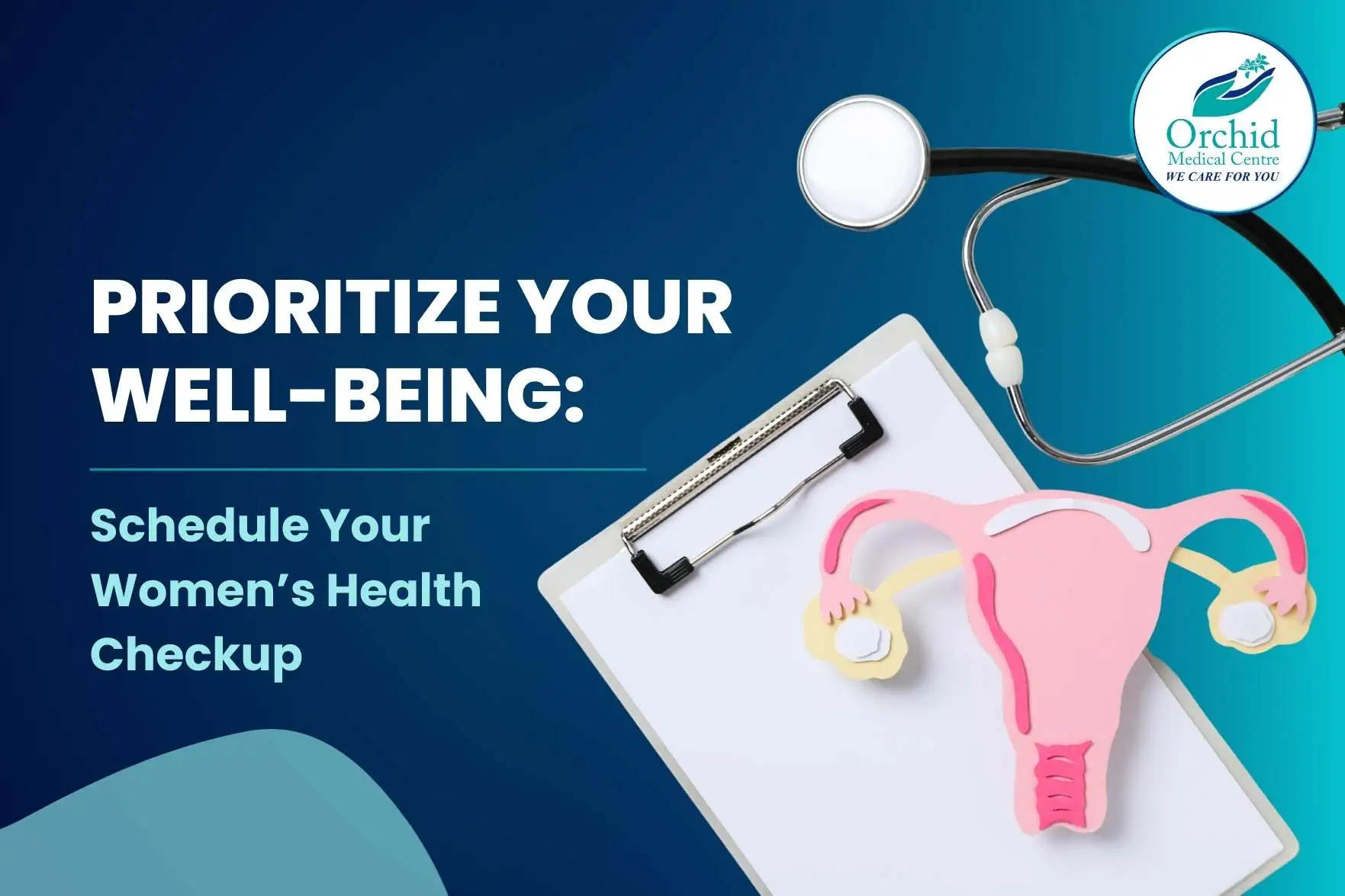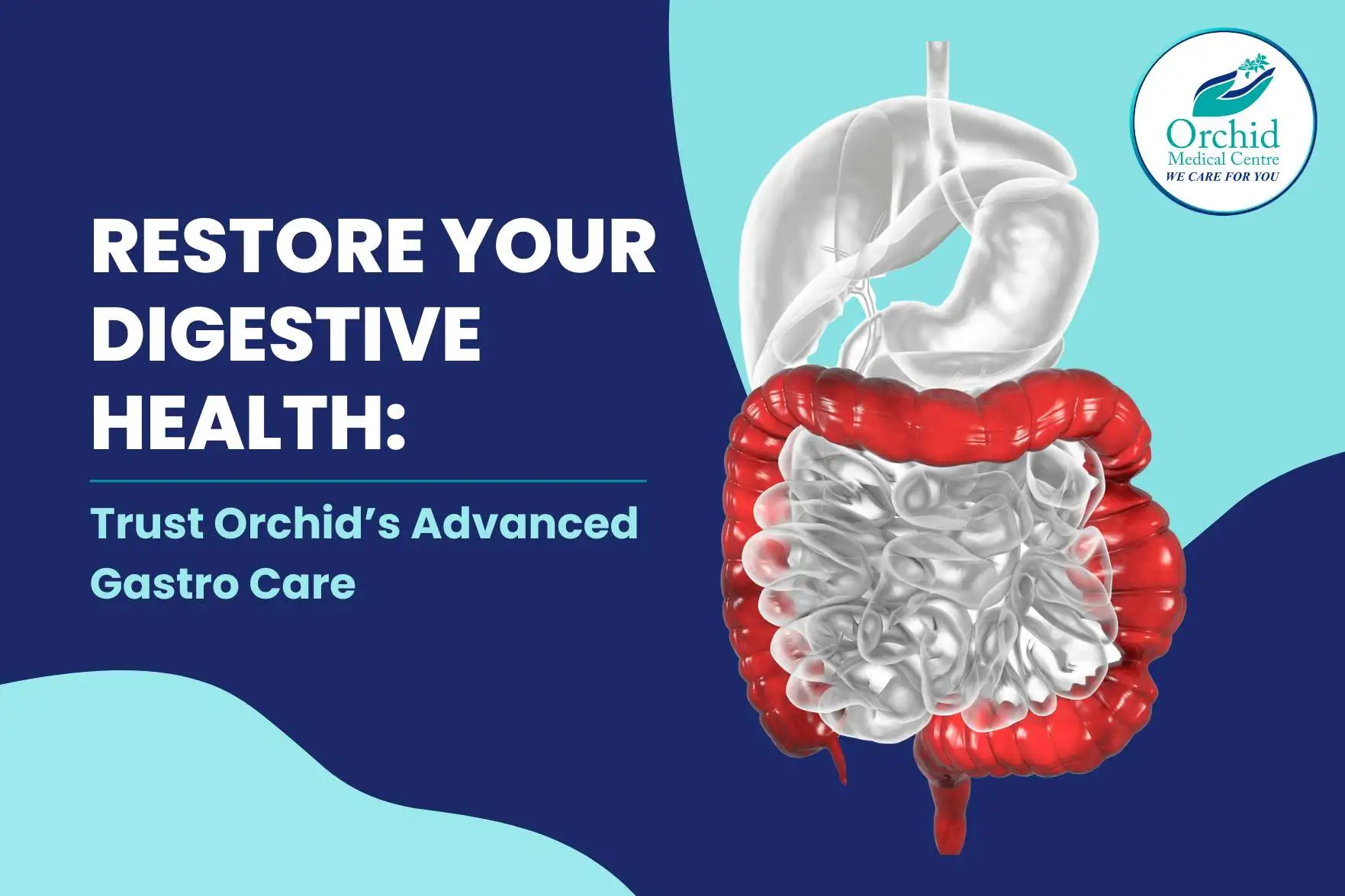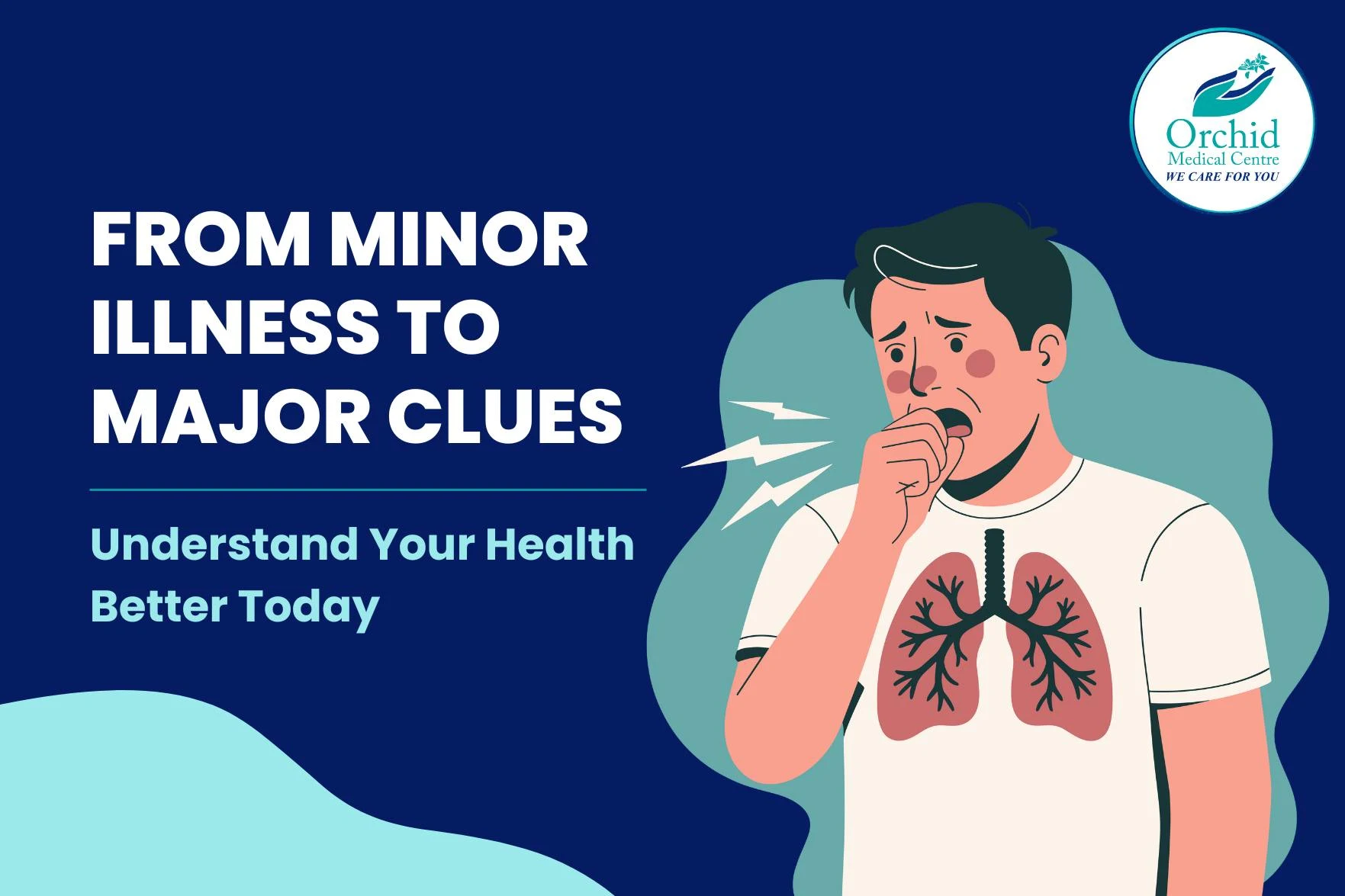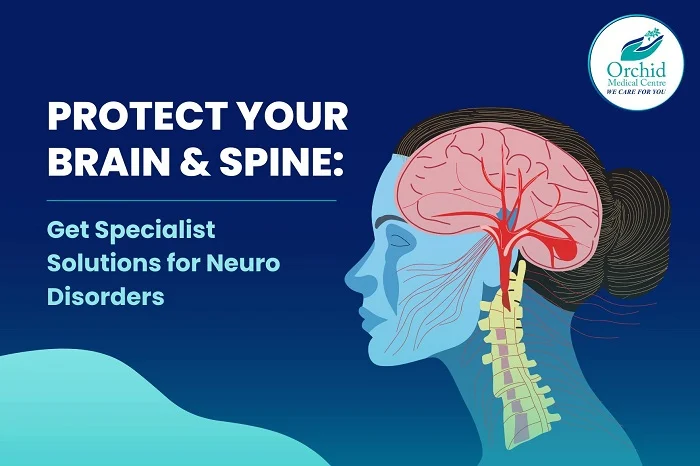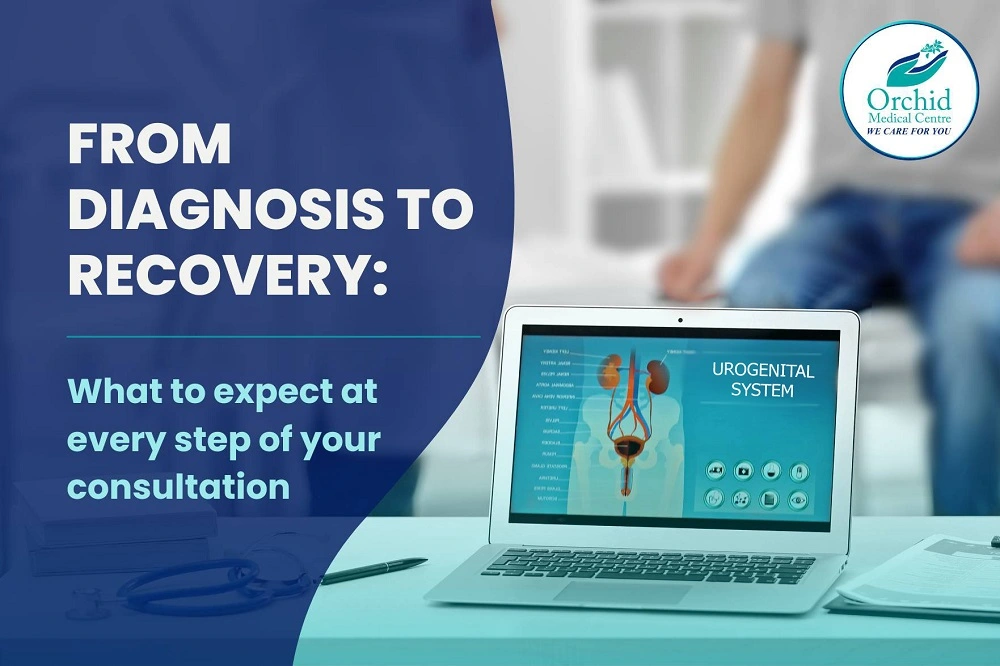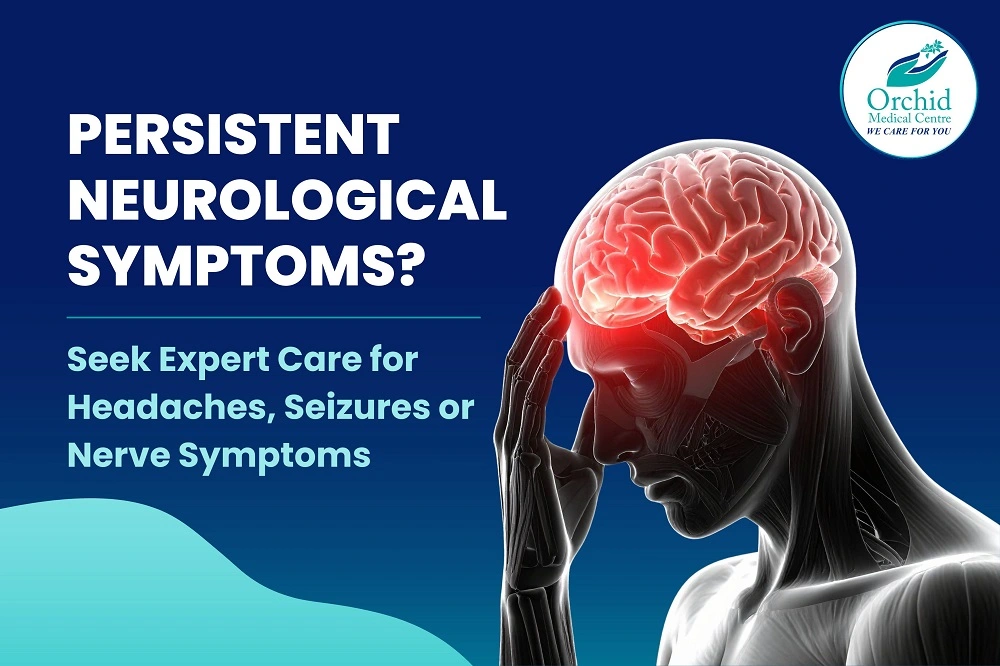ENT specialists treat disorders of the head and neck. An otolaryngologist sometimes serves as the first point of care for children and adults who are dealing with problems of the sinuses or chronic infections in the ears. An ENT specialist of a speciality hospital gives a comprehensive evaluation of the ears, nose, throat, sinuses, and larynx in a patient to come up with the most appropriate, be it non-surgical or surgical, treatment to prevent symptoms and improve health. ENT disorders can be multifaceted. The ear, nose, and throat specialist can handle chronic diseases such as chronic sinusitis, hearing loss, voice anomalies, and cancers of the head and neck. They can also manage complex problems, specialized testing, and deliver individualized therapies.

Blog Details

When to Consult an Ear, Nose, and Throat Specialist for Comprehensive Care
ENT specialists at Orchid can be consulted for the treatment of a range of conditions including chronic sinusitis, hearing loss, voice disorders, and head and neck cancers, offering specialised testing and personalized treatments for complex cases.
What is the Right Time to Consult a Throat, Nose, and Ear Specialist?
The ear, nose and throat specialist, called ENT Doctor, is able to diagnose and provide better treatment if you have any disorders, diseases, or illnesses with your head and neck. Many general physicians consult ENT specialists and also recommend visiting an ENT if you or your child are having any of the following medical issues.
Allergies and Sinusitis: Allergies that linger for a long time can really disturb your daily life. An ENT specialist can decide on the most appropriate treatment approach that would help alleviate your symptoms better.
Ear infections: If you have had recurring ear pain or infection, then this may be quite the sign of some serious conditions like growths in the throat that may seem like tumors. An ENT specialist can detect these conditions and treat them accordingly.
Hearing Loss: Old age, ear infections, or even neurologic conditions can cause hearing to deteriorate. An ENT specialist assists in determining the cause of loss and, if appropriate, can suggest surgical treatments to treat.
Sore Throat That Does Not Heal: Diseases such as tonsillitis cause swallowing and breathing difficulties. An ENT specialist is well-equipped to diagnose these disorders and determine whether surgery would be needed to help regain comfort.
Neck Lumps: Any neck lump persisting for more than two weeks should be inspected by an ENT specialist. It could refer to throat cancer or thyroid abnormalities. Prompt care and early diagnosis are a must.
Sleep Apnea: Sleep disorders compromise overall health. These can be due to anomalies with the tissues at the back of the neck or the tongue. The surgical skills of ENT doctors can help achieve a good night's sleep.
Breathing Difficulties: These may be brought about by deviations of the nasal septum or caused by nasal blockage, which can require surgery. An ENT doctor may also prescribe non-surgical treatments in helping to rectify nasal blockage and breathe more easily.
Consult an ENT Doctor if you are suffering from any of the following:
- 1. Recurring dizziness, lack of balance
- 2. Recurrent nose bleeding
- 3. Sleep disorders
- 4. Ringing in your ears, or sounds inside your head
- 5. Gastroesophageal reflux disease
- 6. Swimmer's Ear

.jpeg)
Conclusion:
Consulting an ENT specialist means finding an expert who has the right skills, training and experience to help you. A visit to an ENT specialist for professional care will complement your quality of life immensely. Improved health and well-being can be yours once efficient treatment and symptom control are applied to your case.
An ear, nose, and throat specialist doctor can provide the best proper diagnosis and appropriate treatment you need for specific conditions that concern the ears, nose, throat, head, and neck, though many common medical problems and first examinations are taken care of by a general practitioner ENT specialist having right instruments, right medical knowledge and training that will improve your quality of life.
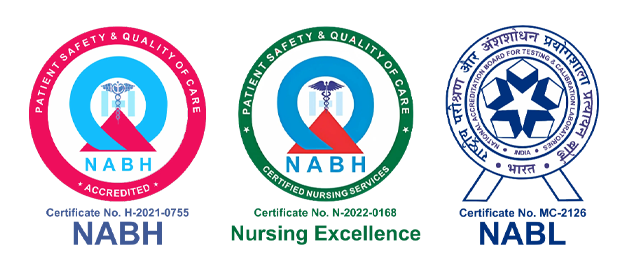
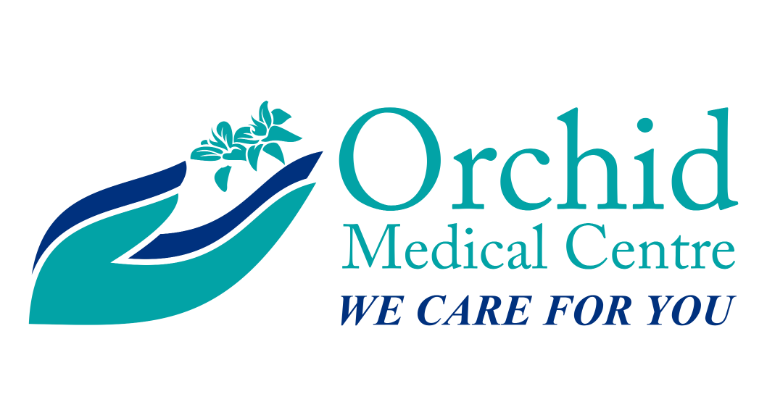



















.jpeg)

.jpg)

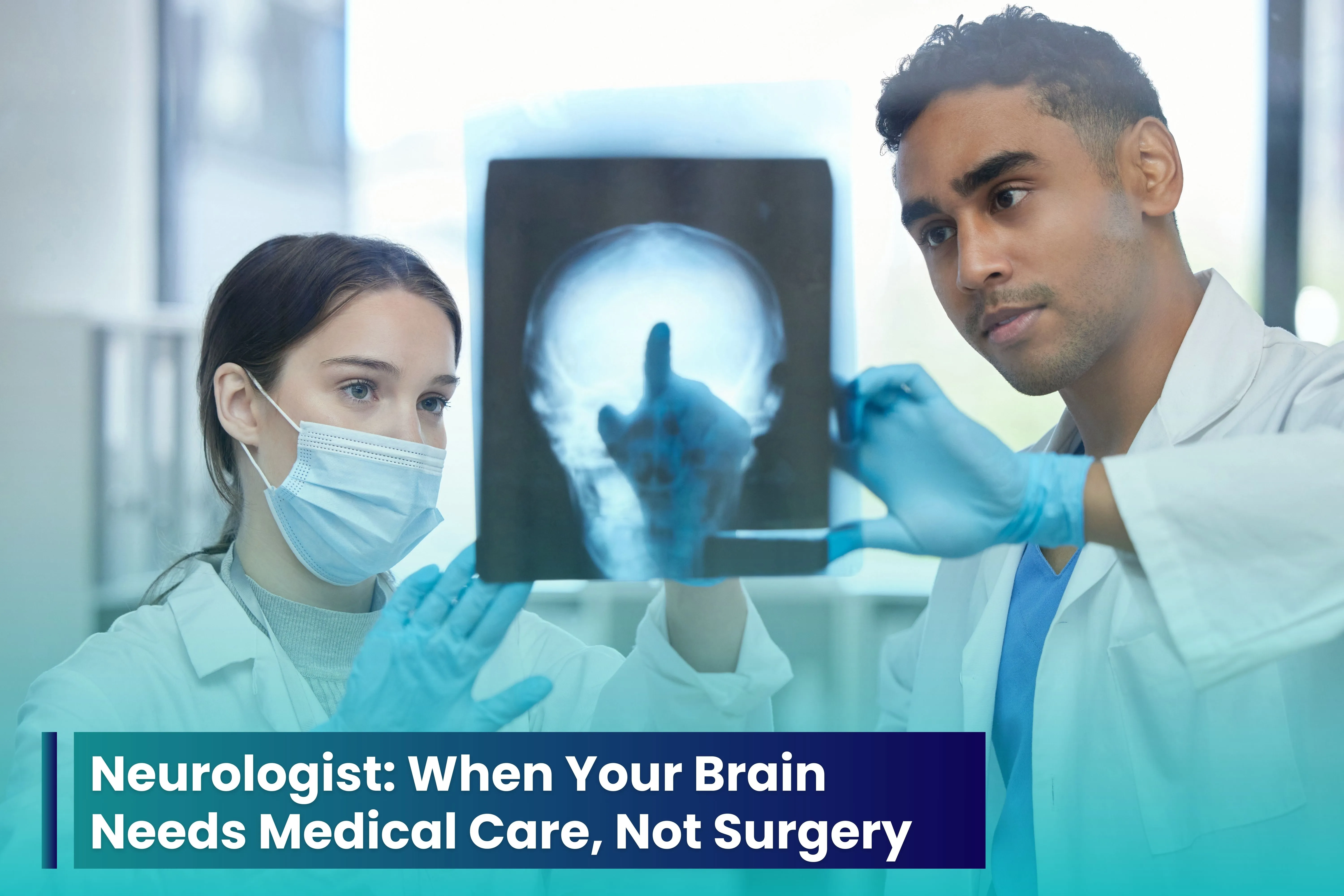
.webp)
.webp)

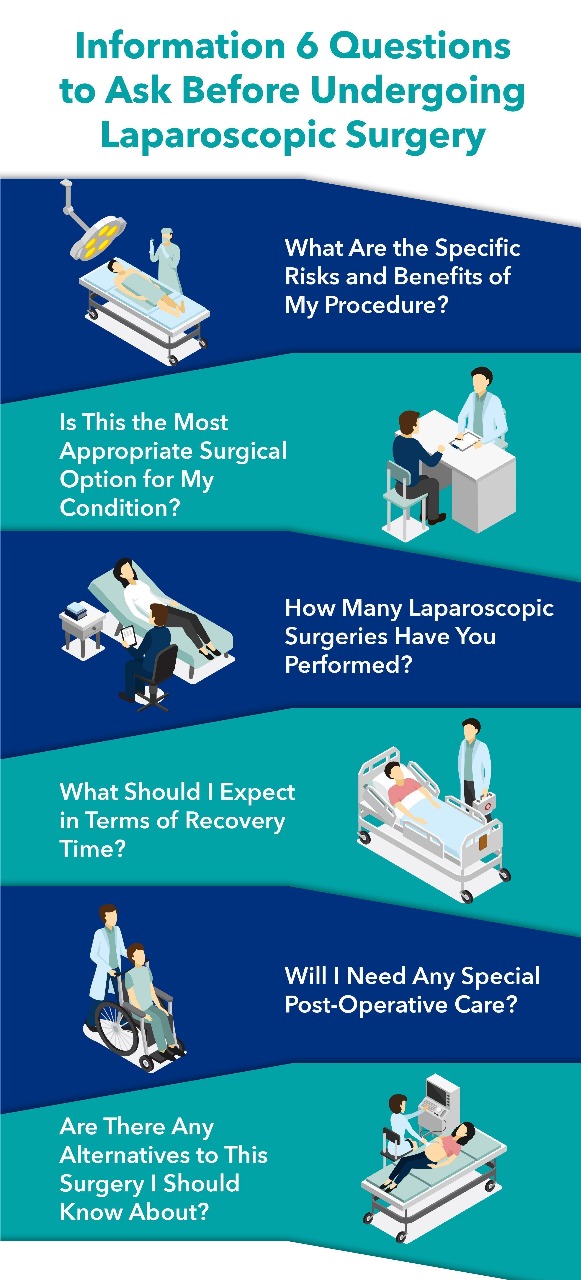
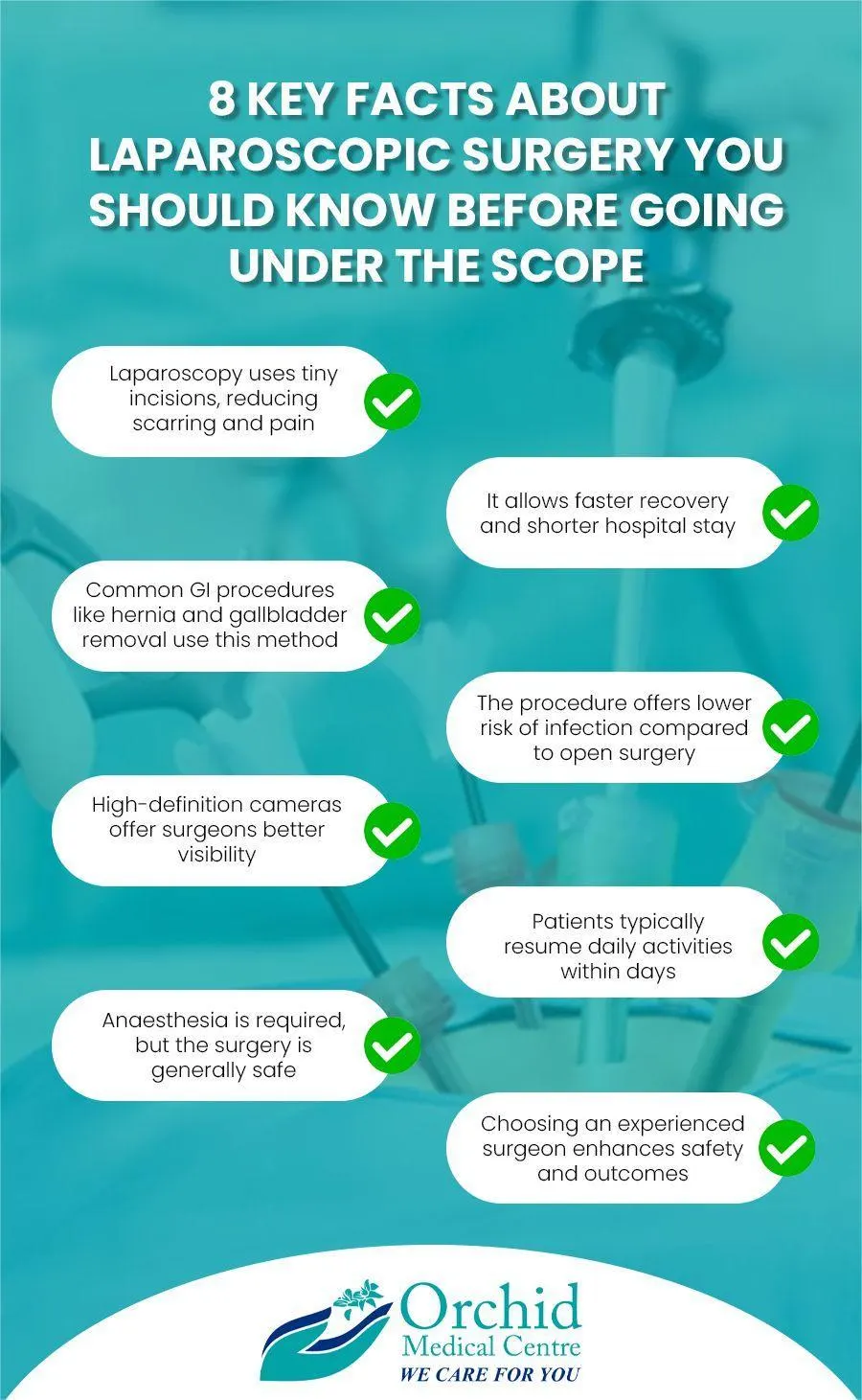
.webp)
.webp)

